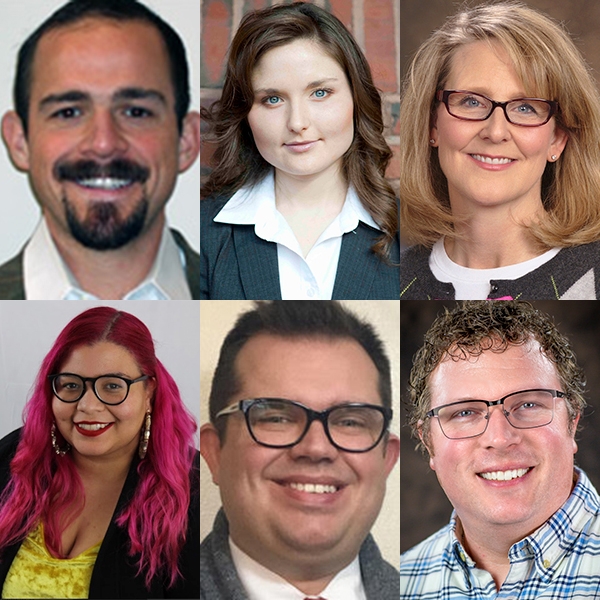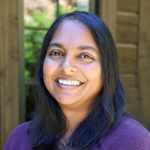
In 2017, we launched our annual measurement fellowship at The Learning Accelerator to catalyze the effective measurement of blended learning innovation and implementation to understand outcomes and inform collective improvement by building the pipeline of relevant and actionable research. We’re excited to announce our 2019 Measurement Fellows whose work – both independently and in partnership with school systems – spans a variety of problems of practice, approaches, and methods, and aligns with our Measurement Agenda.
Dr. Edward Cremata, Aspire Public Schools, CA
Eddy will investigate how blended learning approaches are currently used across Aspire Public Schools and how data and systems can be used to capture and share knowledge, and provide appropriate support across the organization. Our Measurement Agenda’s strategy for sharing knowledge about implementation is illustrated by this study’s focus on documenting and sharing what the school system is doing in their blended learning environments.
Lauren Dahlin, University of Maryland, MD
Lauren will partner with Henry County Schools (GA) to help them explore the impact of implementing personalized learning practices on state testing performance, as compared with years prior to the implementation of personalized learning, and will help the district better understand students’ and teachers’ goal-setting experiences within the district’s Learner Profile platform. This work aligns with our Measurement Agenda’s strategy for increasing the field’s understanding of what is working in blended learning.
Dr. Jodi Mata, Education Service Center Region 11, TX
Jodi will partner with Fresno Unified School District (CA) to investigate implementation factors and conditions as they relate to students’ learning experiences and outcomes within blended learning environments in math and algebra classes in multiple schools across the district. This work is aligned with our Measurement Agenda’s strategy to understand the effectiveness of implementation conditions and circumstances for different constituents.
Karina Rodriguez, Highlander Institute, RI
Karina will work with the Highlander Institute and partner schools to help them expand the measures they will use to evaluate their personalized learning pilots. Karina will run data literacy sessions and prototype data visualizations in partnership with students, parents, and educators to identify best practices for automating data dashboards for continuous improvement. Addressing problems of practice through new research and measures is one of our Measurement Agenda strategies that will help advance the state and use of evidence-based blended practices throughout the sector.
Cecil Short, Brigham Young University, UT
Cecil will determine what performance-based tasks and artifacts would present valid, adequate means of scaffolding and measuring educators’ blended teaching competence. This work aligns with our Measurement Competency Standards topic as it involves identifying and supporting educators in developing the competencies required for blended teaching.
Dr. Joshua Tabor, Denton Independent School District, TX
Josh will be exploring what drove Denton ISD’s version of blended learning and whether the chosen blended practices and incentives are effective in improving student learning. This focus on how and why implementation decisions are being made exemplifies our Measurement Agenda’s strategy for addressing gaps in what we study.
We’re deeply excited to support and work with these researchers over the next year as they add critical evidence to a growing body of work. Collectively, we expect them to greatly advance knowledge in our sector with meaningful, applicable recommendations as early as this summer. Stay tuned for these findings and insights!

